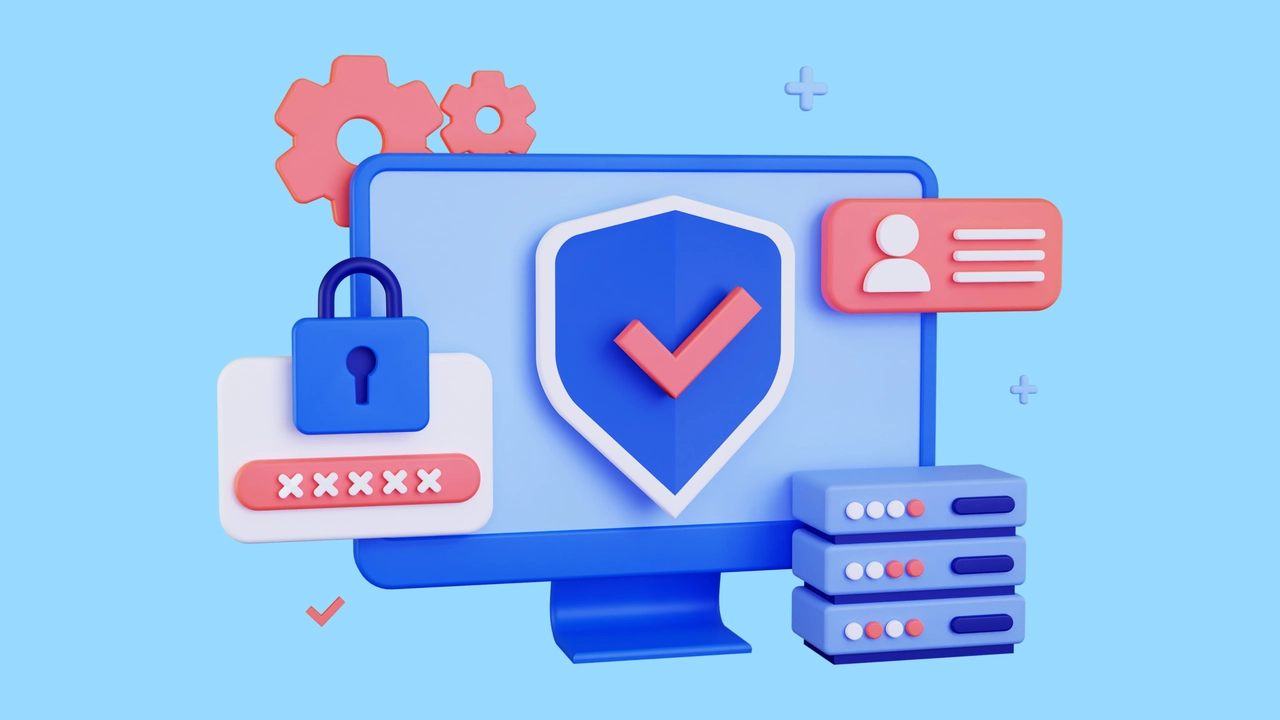
ISO 27001:2013 and SOC 2 Certifications: ways to confirm the quality of processes in the fintech companies
In today's digital age, companies of all sizes and industries are at risk of cyberattacks and data breaches. Given the vast amount of sensitive information that companies collect and store, from finance data to personal details, it is essential to guarantee that all of this information is protected from illicit access, theft or loss.
ISO 27001:2013 and SOC 2 certifications are two powerful tools that companies can apply to ensure robust information security. Let's take a look at how they can serve finance companies seeking to maintain high standards of their processes.
The ISO 27001 standard is a collection of recommendations that outlines the necessary requirements for setting up an information security management system (ISMS) and is an important part of the ISO 27000 series of standards. The ISO 27001 standard models the information security measures of an enterprise at all stages of its life. It has collected the world's best practices in the field of information security and standardized them. You can create your own ISMS at your enterprise, which will protect your assets, that is, ensure their integrity, availability and confidentiality.
SOC 2 (System and Organization Controls 2) standard is a report framework aimed to evaluate internal controls of companies regarding Security, Availability, Processing Integrity, Confidentiality, and Privacy. It was represented by AICPA (American Institute of Certified Public Accountants). The SOC 2 certification provides for the development of a report on the results of the audit of the work of key areas of a company of a non-financial nature. The SOC reports are based on the Trust Services Principles criteria, which should be met by a company claiming to enter the international level. This type of certification includes the following directions:
● safety of non -financial procedures;
● market accessibility;
● data storage integrity;
● full confidentiality in line with national and international rules;
● personal data protection.
ISO 27001:2013 and SOC 2 are important safety compliance certifications, and although neither is mandatory, many companies strive to achieve them. Let us find out why.
Certification in ISO 27001:2013 and SOC 2 can provide numerous advantages for organizations seeking to establish and maintain a strong information security posture. Here are some of the advantages that come with being certified in these safety compliance frameworks:
Financial institutions hold vast amounts of sensitive data, comprising customer details, personal data, and financial operations. ISO 27001:2013 compliant software offers a structured approach to safeguarding and handling this data, ensuring that it is protected against illegitimate access, theft, or loss. The SOC 2 Type I certification guarantees that the software possesses sufficient security measures to prevent sensitive financial data from being illegitimately accessed, stolen, or breached through cyber assaults. This certification provides assurance to financial institutions that their data is secure and protected
Financial institutions are subject to a variety of statutes concerning data protection and privacy, encompassing GDPR, HIPAA, and PCI-DSS. By using ISO 27001:2013 compliant software, financial institutions can ensure that they are meeting these regulations and avoiding any potential legal or financial penalties. SOC 2 Type I certification ascertains that the software meets industry standards and regulations.
Entities involved in finance rely on their software systems to operate effectively and efficiently. ISO 27001:2013 compliant software can help ensure that these systems are available and functioning properly, minimizing the risk of downtime and disruption to business operations. Financial institutions can use SOC 2 Type I certification to show that they are committed to using secure and reliable software that meets the highest industry standards.
Since ISO 27001 is an international standard, it indicates the recognition of a certified company at the international level. This means that the geography of product and service sales will no longer necessarily be limited to one country. The company's entry into the foreign market can lead to a significant expansion of its network, an increase in brand prestige and its recognition. These circumstances will have a positive impact on the growth of profits, as well as the future prospects of the project and its value.
In the highly competitive financial sector, reputation and trust are critical. By using ISO 27001:2013 compliant software, financial institutions can showcase their dedication to safeguarding customer data and upholding robust security and conformity measures. Finance companies can foster a culture of trust and dependability with their customer base by using SOC 2 Type I certified software. Clients want to know that their data is secure and protected, and SOC 2 Type I certification provides assurance that the software meets the highest security standards.
Implementing ISO 27001:2013 compliant software can help financial institutions identify and prioritize risks, resulting in more efficient allocation of resources and cost-cutting measures in the long term. SOC 2 Type I certification ensures that the software comes with sufficient measures to mitigate data risks. Entities involved in finance can use this certification to assess and alleviate the risks associated with using third-party software.
In general, the use of software that complies with ISO 27001:2013 and SOC 2 standards is essential for financial institutions, including banks and credit unions. They help protect sensitive data, comply with regulations, maintain business continuity, cultivate customer trust, and attain sustainable cost reductions in the long run.
Although this certification is not mandatory, it demonstrates a company's commitment to protecting sensitive data and adhering to strict security protocols. One such company is Neofin, a SaaS provider. The company has always been very serious about the use and storage of both its data and the data of its customers.
Especially since it offers solutions for fintech & e-commerce businesses that require high standards software that complies with current legislation. And by becoming ISO 27001:2013 and SOC 2 certified, Neofin further guarantees that sensitive data and processes performed by their digital loan solutions remain secure and protected.
Engage to try a free trial of a secure solution for digital lending with a certified provider!